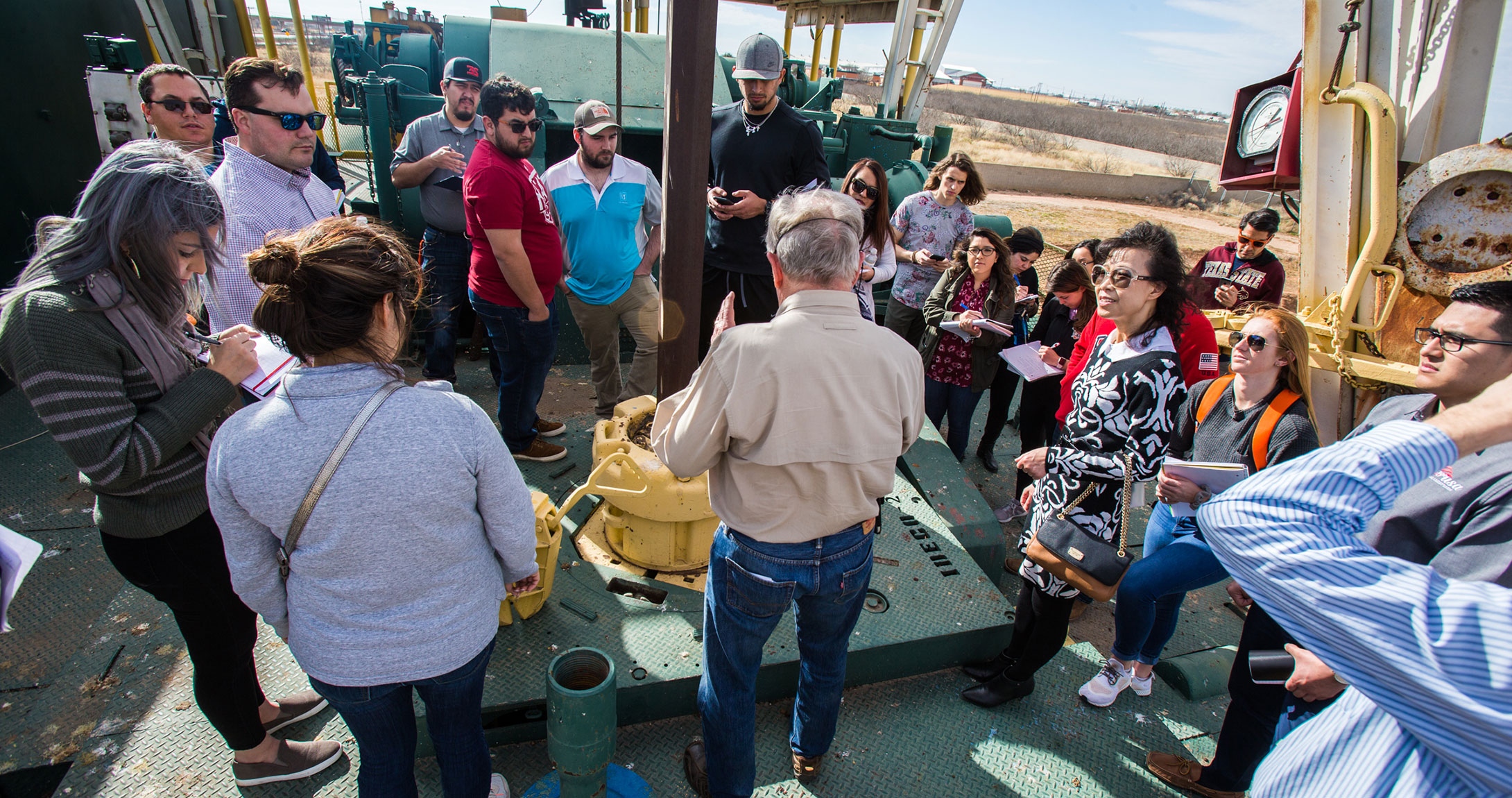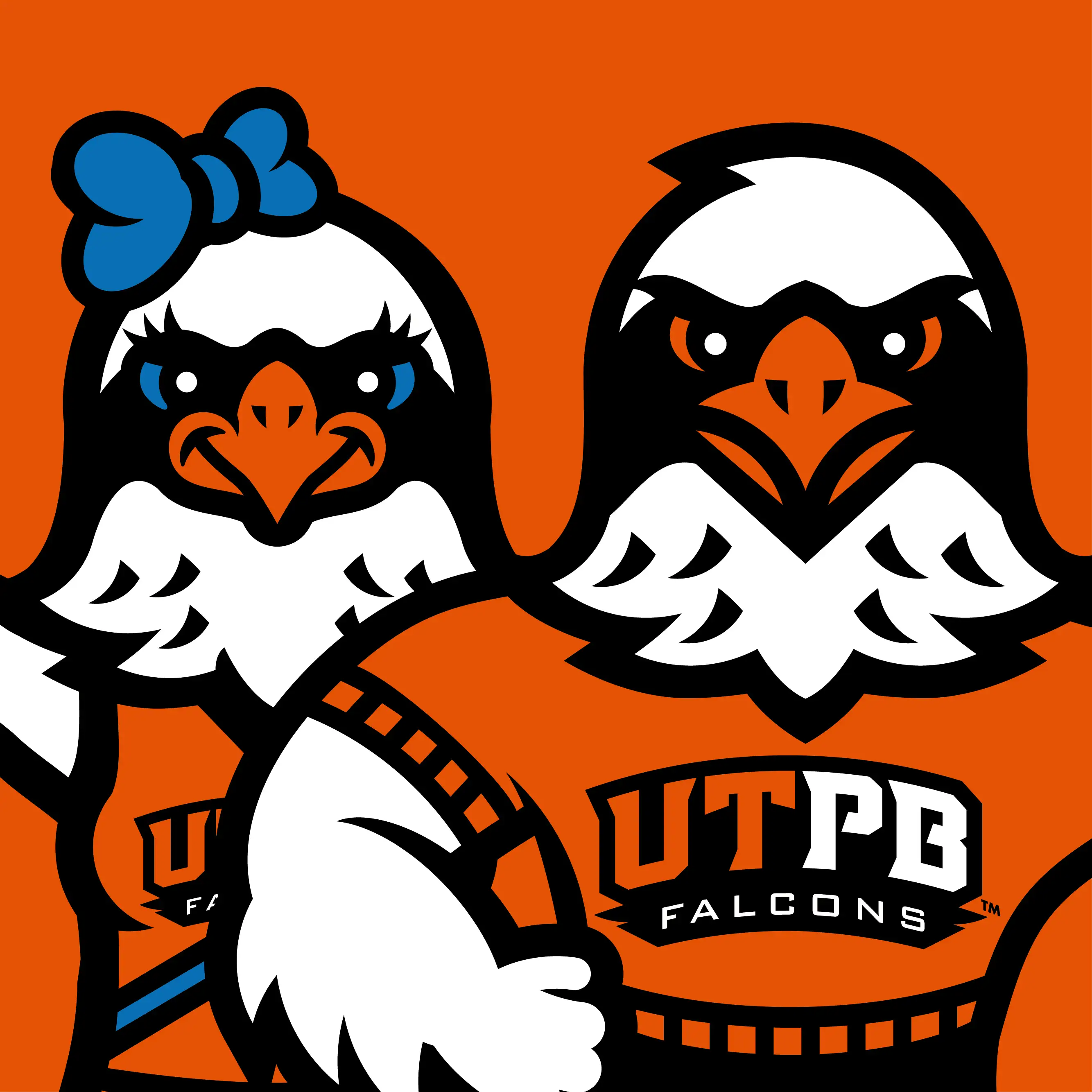Petroleum Engineering Program
Dig deeper and fuel the world.
The future of oil and gas is right here. The University of Texas Permian Basin sits atop the world’s largest oil reserve—one that will shape the future of oil and gas for decades. No other university can place its petroleum engineering students at the leading edge of global energy production.
Graduate from UTPB ready to step immediately into a rewarding, lucrative career in any number of sectors. Become a leader in the industry.
Why Petroleum Engineering at UTPB?
Jobs
Over 100K projected job openings through 2031
Options
Move to related work: drilling or reservoir engineer, etc.
Why should I study petroleum engineering?
As a petroleum engineer you think about exploring, developing, and conserving oil and gas resources. Your jam? Identifying critical issues and developing solutions with an eye for the environment and society.
Petroleum engineers plan and supervise drilling and well-completion programs, design and select drilling and production equipment, estimate reserves, and manage oil and gas properties.
What are my job prospects?
From working with an oil company, creating a consulting business, or becoming an independent oil producer, you have options.
Embark on a successful career practicing petroleum engineering in a wide variety of private and governmental institutions.
What industry-specific skills will I learn?
Learn how to develop, explore, conserve, and transport oil and gas resources.
A degree in Petroleum Engineering from UT Permian Basin is a rewarding academic mix of technology, geology, logistics, and business fundamentals. Gain teamwork, leadership, and effective communication skills alongside opportunities for undergraduate research in state-of-the-art laboratories.

